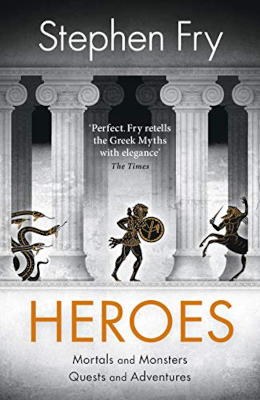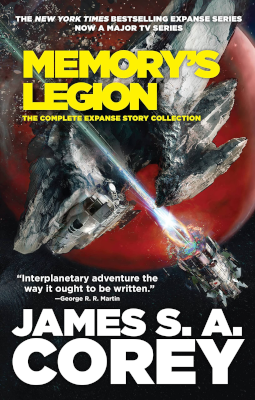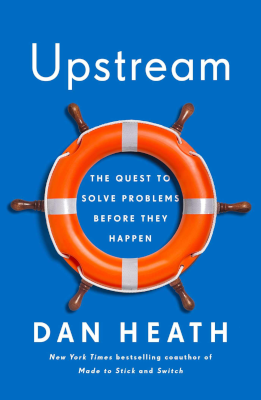The Complete Greek Drama: All the Extant Tragedies of Aeschylus, Sophocles and Euripides, and the Comedies of Aristophanes and Menander, in a Variety of Translations, edited by Whitney J. Oates and Eugene O’Neill, Jr. I’ve read the first volume, which includes all of Aeschylus and Sophocles, and eleven plays by Euripides, for a total of 25 tragedies. I’ve read all of them before, in a Hebrew translation (by Shabtai); these translation are mostly from the 18th and 19th centuries (the volume was published in 1938), and their age shows. E.D.A. Morshead’s translations, for example, use Shakespearean language, full of “thou”, “Sirrah”, and “methinks”, which feels odd; on the other hand, it sometimes rhymes, which can be amusing (“For nought can blunt nor mar / The speech oracular!”, in The Seven Against Thebes). Paul Elmer More’s prose translations, on the other hand, are highly readable. R.C. Jebb’s translations combine the faults of both: prose, with aged English (“Nay, didst thou not ...”). Still, reading it all again surfaced a lot of insights, and the editors’ introduction to each play added much color. It also brought to life several patterns which I’ve missed when reading each play on its own and sporadically; for example, the repeated theme of never considering anyone happy while they still live (a theme that also appears in Herodotus’s story of King Croesus). Looking forward to reading Volume II later this year.
Heroes by Stephen Fry. A continuation of his Myths, this book is somewhat less charming than the former, but still very well told and mostly enjoyable.
Nausicaä of the Valley of the Wind, by Hayao Miyazaki. Viz Media two-volume edition. I found the art surprisingly hard to follow at times; for example, when we first see a Dorok “flying jar”, it’s hard to tell if the background object (still unknown at the time) is on the ground or airborne. More importantly, the ending is disappointing; it’s basically a cliché.
The translation work is also lacking. The decision to “translate” all the comic sound effects in a friggin’ table at the end of the book is shameful. A proper work would have translated them internally and properly, maintaining the artistic style; I’ve seen this done in translations of comics to Hebrew. Or, at the minimum, include the translation in a small font underneath each panel (or page). The back-and-forth flipping is annoying and, for the most part, not worth it... except when it is important (e.g., when the sound-effect indicates laughter).
After reading the book, I’ve watched the movie, which was very different, plot-wise, and disappointing in its own way.
Memory’s Legion: The Complete Expanse Short Story Collection by James S. A. Corey. The stories are mostly very satisfying. While the authors don’t follow G.R.R. Martin’s example of killing off the heroes left-and-right, they take a different, sometimes more crowd-annoying approach, of not providing personal closures. So, for example, (spoiler alert) Naomi will never know what happened to Filip. Nor, for that matter, will we. I appreciate that.
One thing did annoy me, though: in “The Vital Abyss”, the first-person story about Cortázar, we find that he underwent some sort of “treatment” that made him into the psychopath that he is. I think this was uncalled for; it was far more believable if he was just a “normal” psychopath, with no third-party to excuse it. (There’s no reason to believe he’s not a reliable narrator.) (Oh, and the Blade Runner joke in the story was a nice reference. Did they mean to indicate that he is, in a sense, not human?)
Upstream: The Quest to Solve Problems Before They Happen by Dan Heath. Read following the recommendation of a colleague at work, for some joint project we’re involved in. “Every system is perfectly designed to get the results it gets”, and the question is, how to rise your head above the water and see what needs to be fixed. Some of the stories and advice in the book are interesting and insightful. While in most books of this genre the text is five times longer than it should be to get the message across, this book is relatively short and sweet, meaning the text is only twice as long (roughly speaking) as it should be.
New Reviews Notification |
To receive notifications as new reviews are published,
consider following the RSS feed. |
|




